When I first tested the Bielefeld academic search engine, I found it very useful for locating reliable and open-access papers. Its broad coverage helped me gather sources efficiently for detailed research tasks. However, when I needed to manage the PDFs I found—such as adding papers directly into a personal library for later reading and analysis—I realized that another tool could complement my workflow.
For this part of the process, UPDF AI Online became a helpful option. It lets me save the PDFs I discover into my own library with one click and continue reading, organizing, and analyzing them in a smoother way. If you also need both strong search capability and an easier way to manage your documents, UPDF AI Online is worth trying for free.
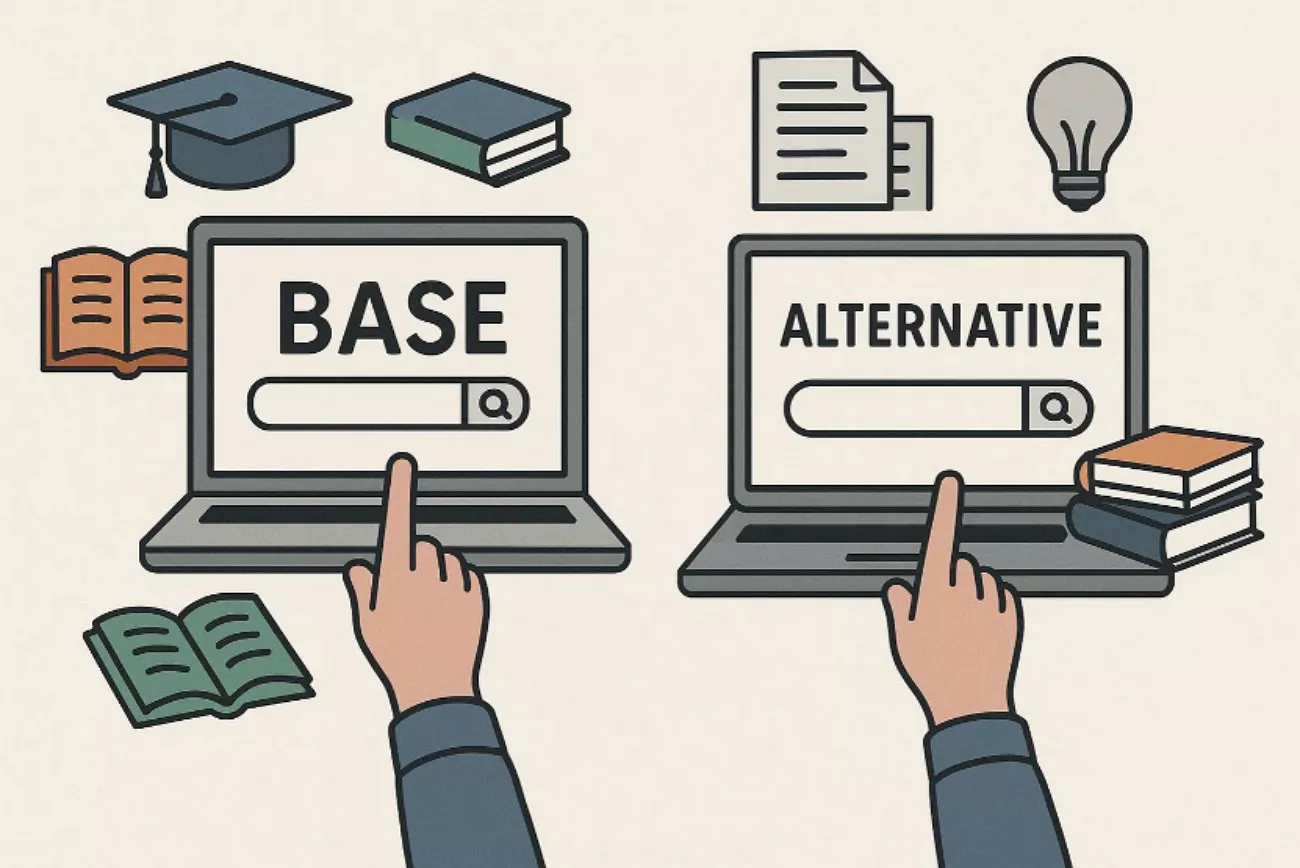
Part 1. What You Should Know About Bielefeld Academic Search Engine
When I first explored the Bielefeld academic search engine, I wanted to see whether it could simplify my academic searches with reliable, broad, and easily accessible sources. Its extensive index of scholarly documents immediately stood out, and I began testing how well it supported real research needs. As I moved through its features, I focused on usability, relevance, and overall value for everyday research tasks.
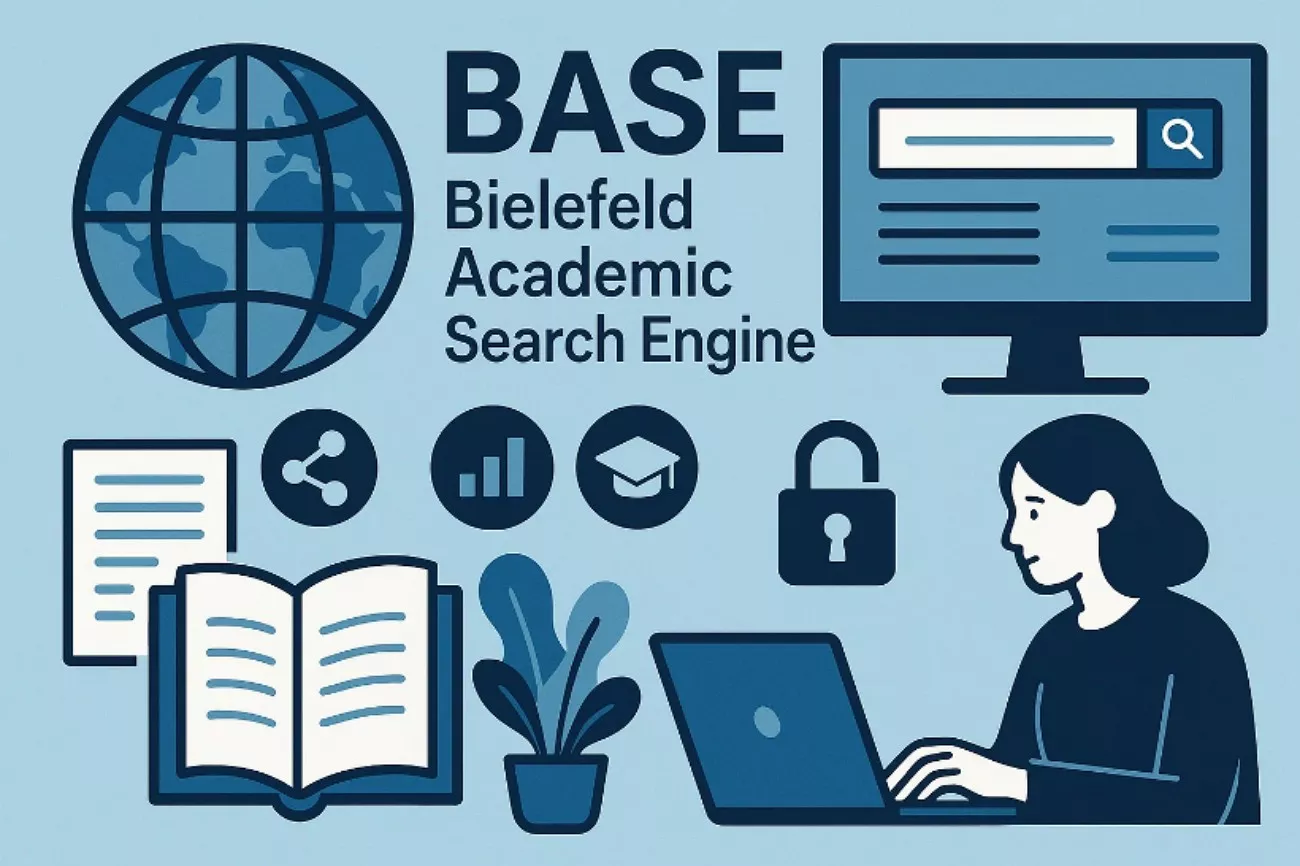
A Quick Look At What Bielefeld Offers
The Bielefeld academic search engine is an enormous academic index operated by the Bielefeld University Library. It indexes millions of documents on worldwide repositories that provide me with access to journal articles, theses, preprints, and open-access papers. Its strength lies in scale, offering a wide snapshot of academic output across disciplines.
How It Helps In Real Research Tasks
In my experience, the BASE Bielefeld academic search engine proved helpful in the following situations:
- Open-Access Search: When handling a literature review, I filtered results to view only free PDFs.
- Preprint Finder: For emerging topics like AI ethics, BASE helped me locate early research that hasn't yet been published in journals.
- Language Coverage: Many European repositories are listed here, making it easy for me to find useful non-English studies.
Where Bielefeld Still Falls Short
After testing it thoroughly, I noticed a few limitations listed as follows:
- Limited Tools: BASE lacks advanced filters that support complex and specific research queries. This limitation reduces efficiency when I handle large topics needing a precise academic focus.
- Relevance Gaps: Some search results appear loosely related and miss my intended research direction. These mismatches slow progress when I require accurate sources for a deeper academic understanding.
- Missing Features: It offers no built-in tools for reading or summarizing academic papers. I must analyze each document manually, which increases the time spent on difficult tasks.
- Narrow Depth: The engine struggles with niche topics requiring highly targeted and relevant results. This makes it unreliable when my research demands strong precision and academic clarity.
An Insight Into A Better Research Tool
During my evaluation, I relied on UPDF AI Online's Scholar Research feature for faster summaries and clear insights. It fills BASE's analytical gaps by explaining complex academic material within seconds. You can try this feature free today for stronger research support, and keep reading for more details.
Part 2. A More Practical Bielefeld Academic Search Engine Alternative
After exploring the "BASE Bielefeld academic search engine" and recognizing its limitations, I wanted a tool that could provide deeper analysis, faster understanding, and a cleaner workflow. That search naturally led me to explore the following alternatives offering stronger academic intelligence and better support for complex research tasks:
UPDF AI Online: A Smarter Academic Research Companion
When I needed a more advanced research tool, I turned to UPDF AI Online, which quickly became the practical alternative to the Bielefeld academic search engine. Its modern interface, quick responses, and structured outputs helped me understand academic material far faster than traditional search engines. The platform supports deep academic exploration without complexity, making it easier for me to handle demanding research tasks efficiently.
Moreover, the feature that helped me the most is UPDF's Scholar Research, which gathers, summarizes, and organizes information from multiple academic sources in seconds. I can extract insights from dozens of papers, generate clear summaries, visualize ideas, and manage citations, all within one browser-based workspace. You can try the UPDF AI Online Scholar Research tool for free.
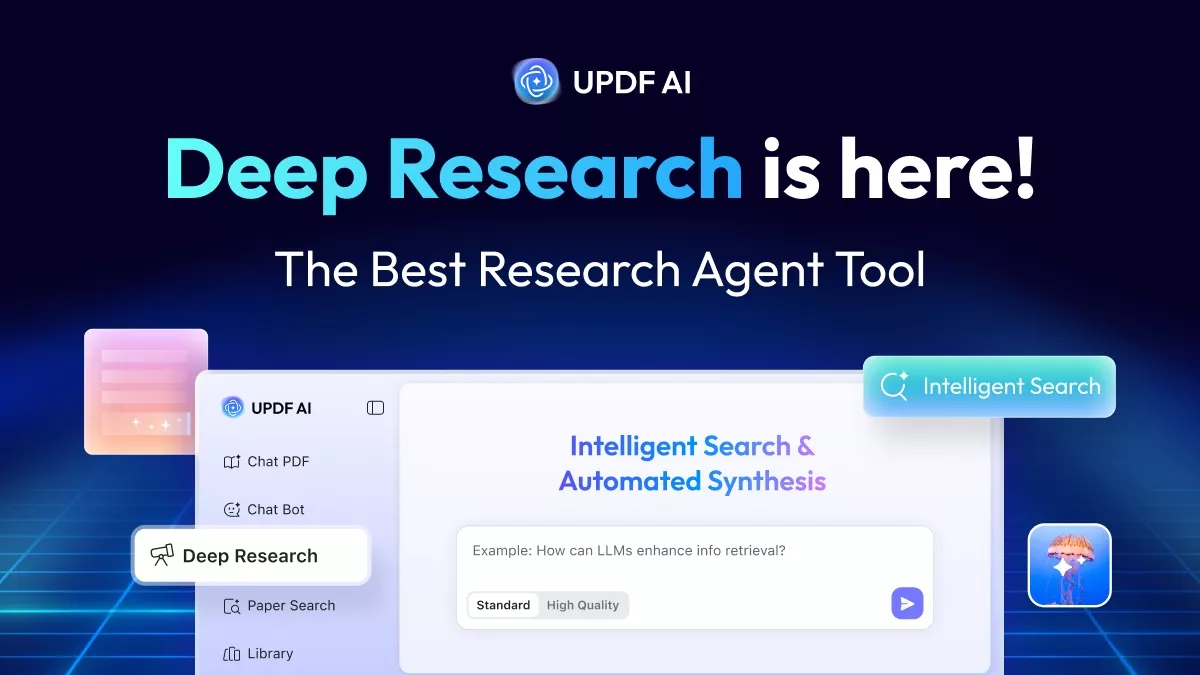
Google Scholar
This search engine is also among the most popular academic search engines due to its extensive coverage and user-friendly interface. It provides ready access to peer-reviewed articles, books, theses, and conference papers in nearly all fields. Its reference management, proposal of related articles, and profiles of authors enable researchers to discover subjects in a more efficient way. For general academic discovery, it provides a dependable and familiar starting point.
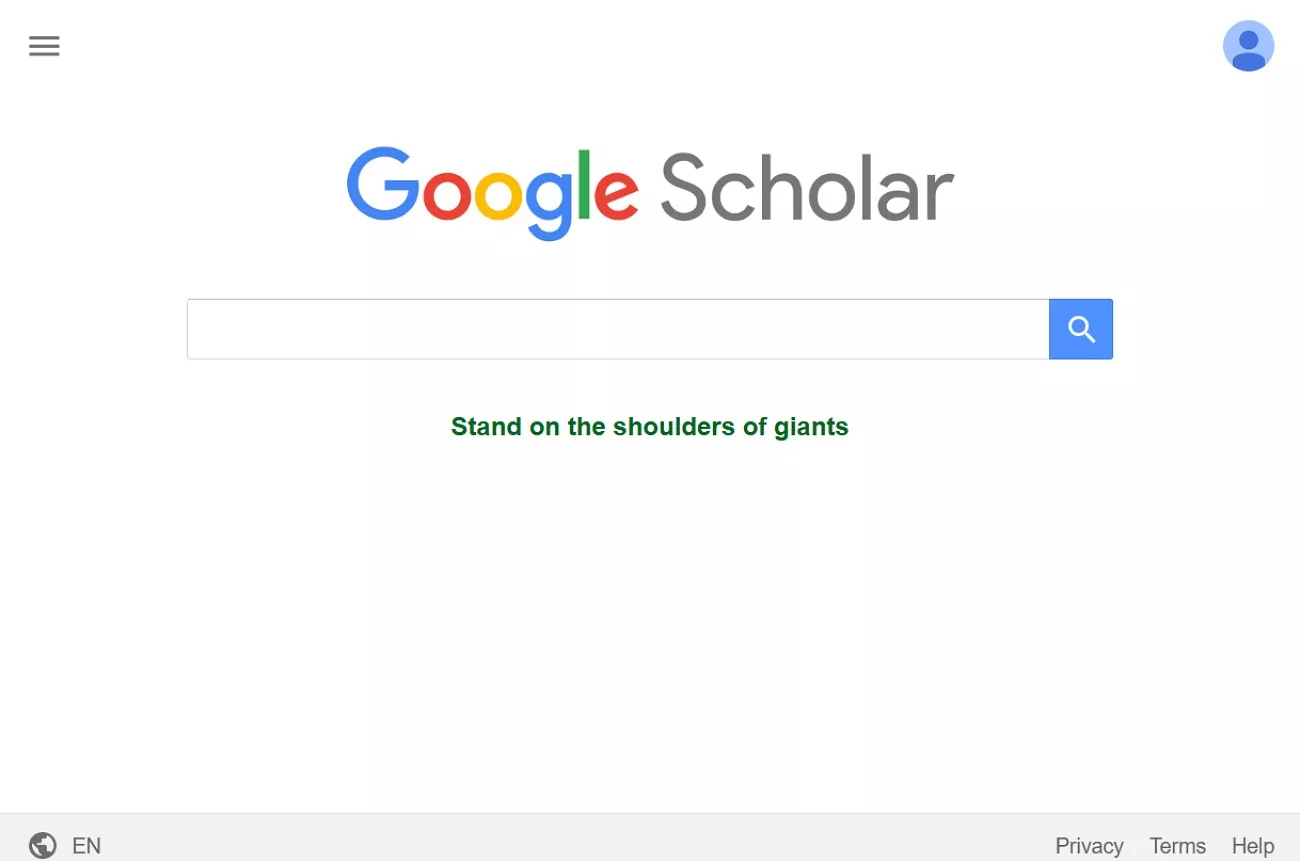
Semantic Scholar
Semantic Scholar improves academic search, applying AI to point out topical articles, determine important references, and show valuable interrelations in research areas. It is particularly useful in scientific and technical areas in which precision is an important consideration. As compared to the Bielefeld academic search engine, its AI insights help users find impactful studies faster.
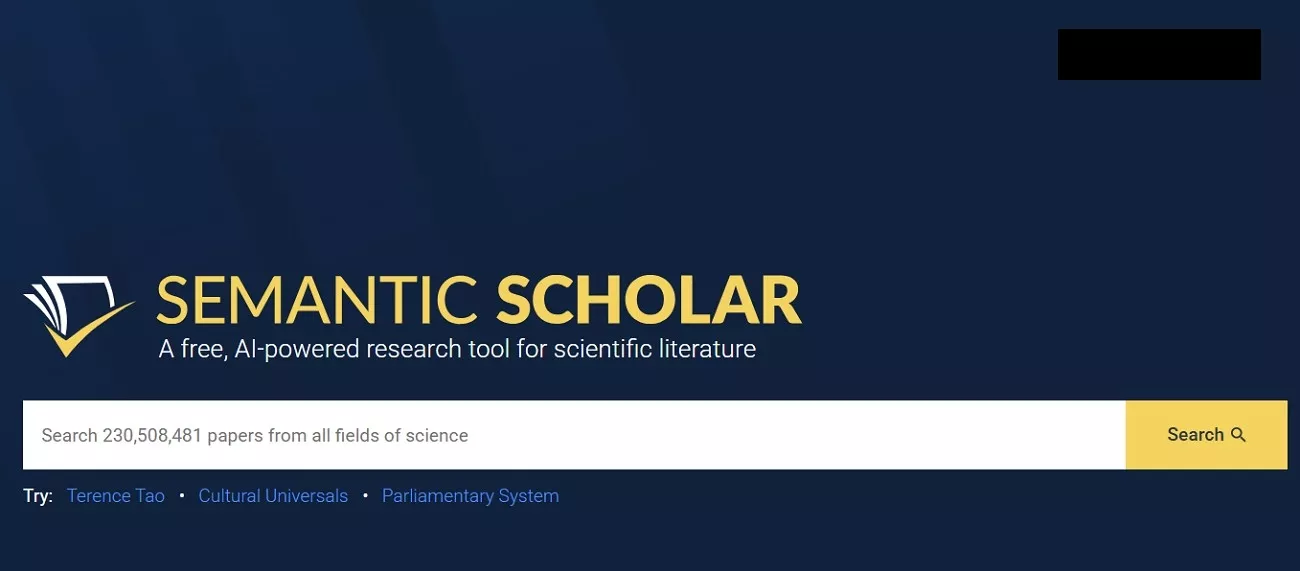
OpenAlex
This search engine serves as a modern, open dataset for academic research, built on the foundation of Microsoft Academic. In contrast to the BASE Bielefeld academic search engine, it offers structured metadata, a transparent data architecture, and detailed citation mapping, which support advanced academic analysis. Researchers can track author networks, institutional output, and topic clusters. Its openness, updated dataset, and analytical depth make it highly suitable for data-driven academic exploration.
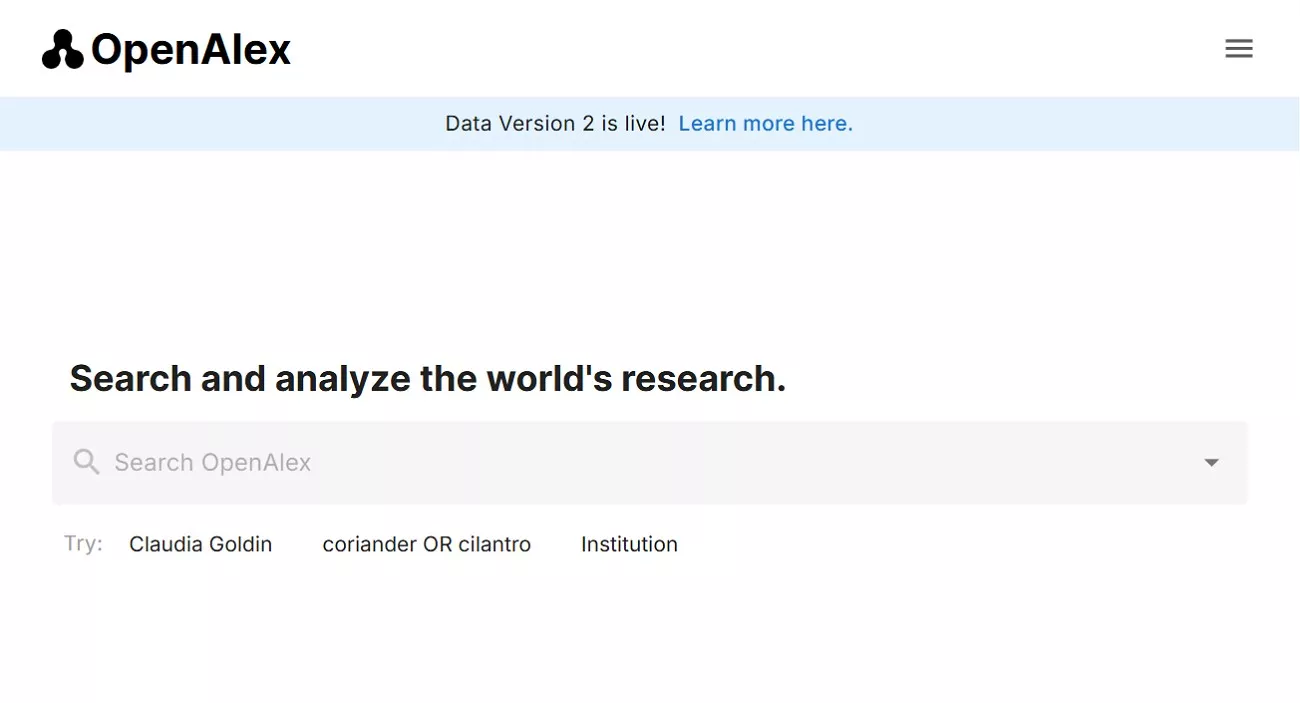
PubMed
PubMed is the leading platform for medical, biological, and health science literature, offering reliable access to peer-reviewed articles and clinical studies. It specializes in biomedical research with strong indexing and precise filtering. Its MeSH terms, advanced search options, and open-access availability make locating credible health-related studies straightforward. For healthcare professionals and researchers, PubMed remains an essential, authoritative resource.
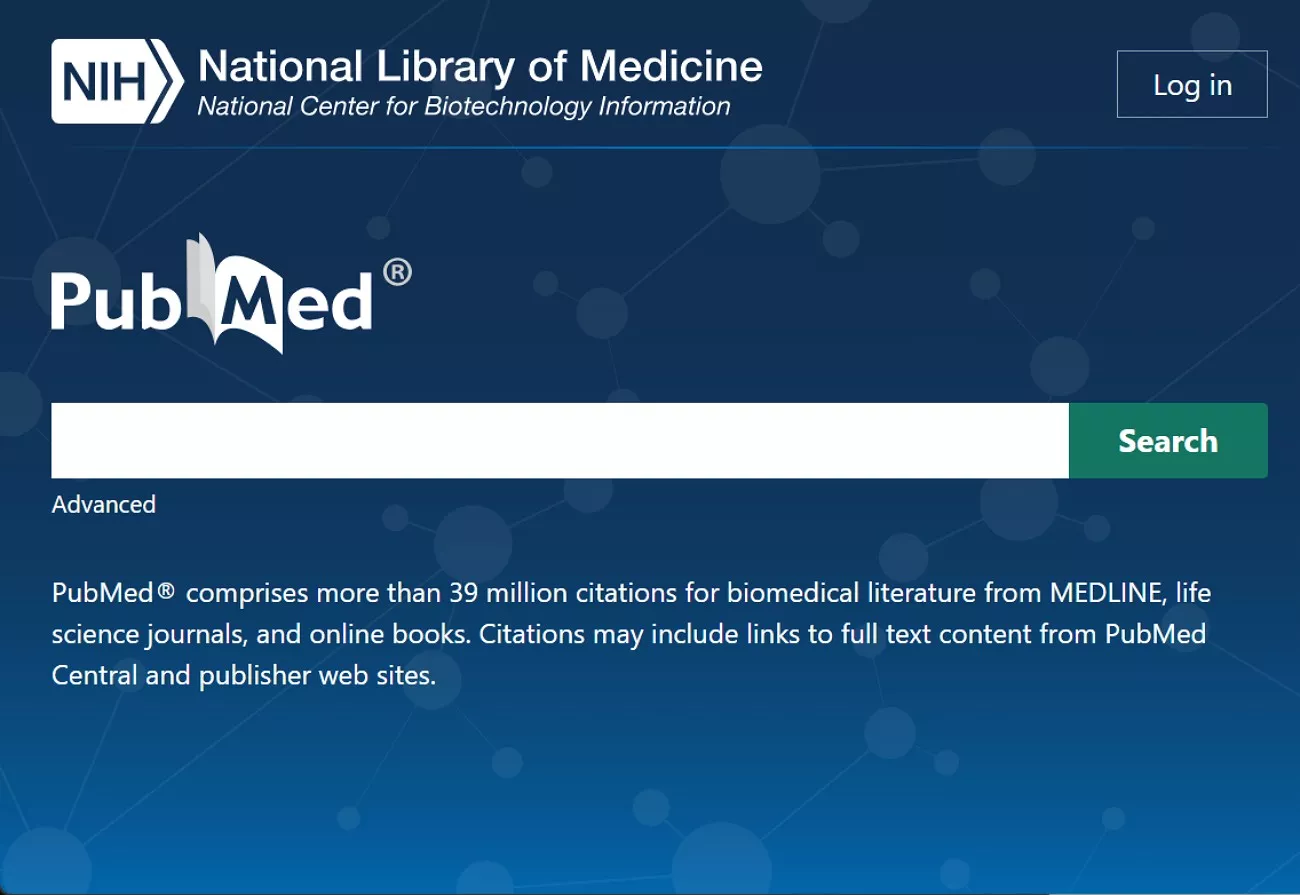
Scopus
It is among the largest abstract and citation databases of peer-reviewed scholarly articles addressing science, technology, medicine, social sciences, and the arts. Compared with the Bielefeld academic search engine, Scopus offers better citation analytics, subject-based filtering, and highly trustworthy indexing. Researchers can track trends, evaluate author impact, and access well-curated sources. Its professional, data-driven environment makes Scopus essential for advanced academic research.
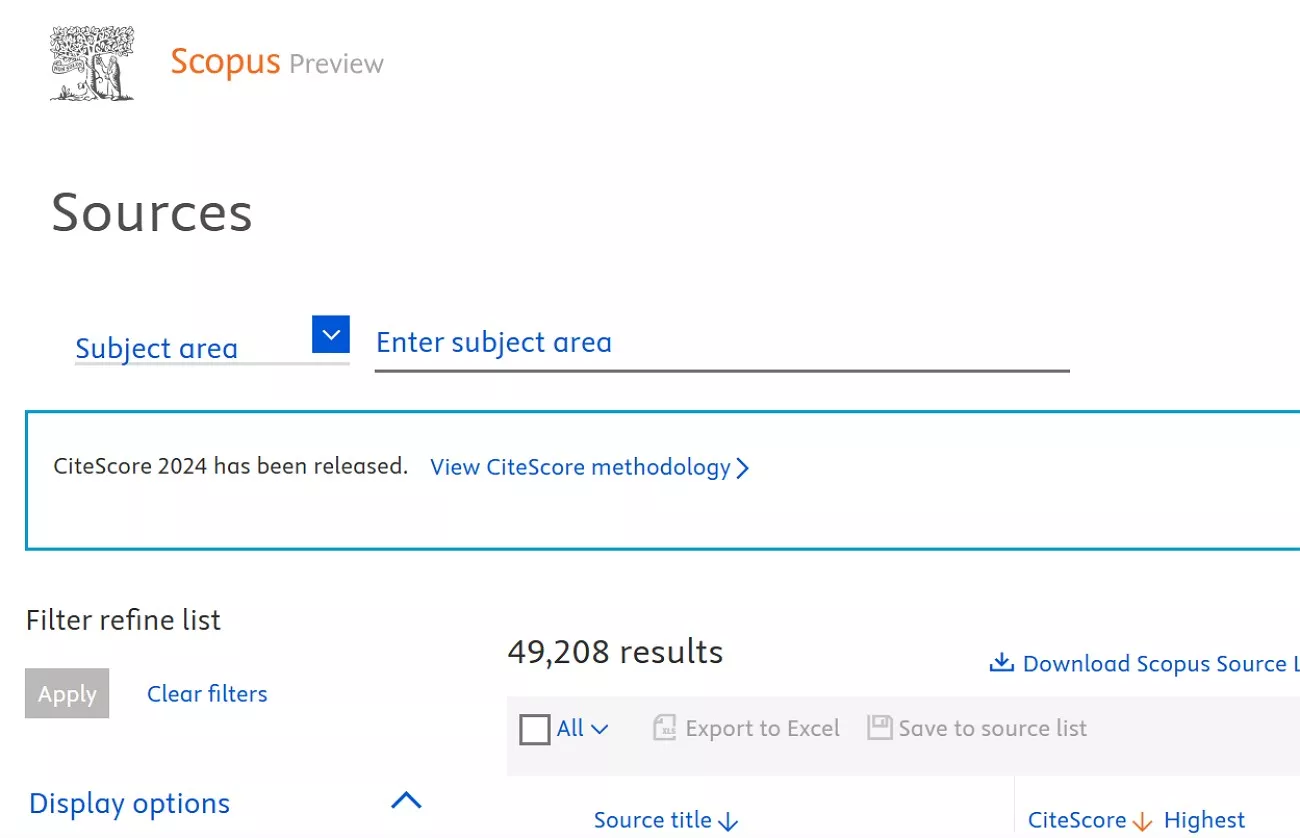
Conclusion
To sum up, after exploring the Bielefeld academic search engine, I found it helpful for basic searching. It offered wide coverage but did not always support the deeper analysis I needed. Some tasks required clearer insights, faster understanding, and stronger research guidance than BASE could provide.
If you handle academic papers and research materials daily like I do, UPDF AI Online is worth trying. It keeps all your tasks, summarizing, organizing, citing, and analyzing, inside one clean, browser-based workspace. The Scholar Research feature saves time and makes complex material easier to understand. Try UPDF AI Online today and streamline your entire academic research workflow.
 UPDF
UPDF
 UPDF for Windows
UPDF for Windows UPDF for Mac
UPDF for Mac UPDF for iPhone/iPad
UPDF for iPhone/iPad UPDF for Android
UPDF for Android UPDF AI Online
UPDF AI Online UPDF Sign
UPDF Sign Edit PDF
Edit PDF Annotate PDF
Annotate PDF Create PDF
Create PDF PDF Form
PDF Form Edit links
Edit links Convert PDF
Convert PDF OCR
OCR PDF to Word
PDF to Word PDF to Image
PDF to Image PDF to Excel
PDF to Excel Organize PDF
Organize PDF Merge PDF
Merge PDF Split PDF
Split PDF Crop PDF
Crop PDF Rotate PDF
Rotate PDF Protect PDF
Protect PDF Sign PDF
Sign PDF Redact PDF
Redact PDF Sanitize PDF
Sanitize PDF Remove Security
Remove Security Read PDF
Read PDF UPDF Cloud
UPDF Cloud Compress PDF
Compress PDF Print PDF
Print PDF Batch Process
Batch Process About UPDF AI
About UPDF AI UPDF AI Solutions
UPDF AI Solutions AI User Guide
AI User Guide FAQ about UPDF AI
FAQ about UPDF AI Summarize PDF
Summarize PDF Translate PDF
Translate PDF Chat with PDF
Chat with PDF Chat with AI
Chat with AI Chat with image
Chat with image PDF to Mind Map
PDF to Mind Map Explain PDF
Explain PDF PDF AI Tools
PDF AI Tools Image AI Tools
Image AI Tools AI Chat Tools
AI Chat Tools AI Writing Tools
AI Writing Tools AI Study Tools
AI Study Tools AI Working Tools
AI Working Tools Other AI Tools
Other AI Tools PDF to Word
PDF to Word PDF to Excel
PDF to Excel PDF to PowerPoint
PDF to PowerPoint User Guide
User Guide UPDF Tricks
UPDF Tricks FAQs
FAQs UPDF Reviews
UPDF Reviews Download Center
Download Center Blog
Blog Newsroom
Newsroom Tech Spec
Tech Spec Updates
Updates UPDF vs. Adobe Acrobat
UPDF vs. Adobe Acrobat UPDF vs. Foxit
UPDF vs. Foxit UPDF vs. PDF Expert
UPDF vs. PDF Expert

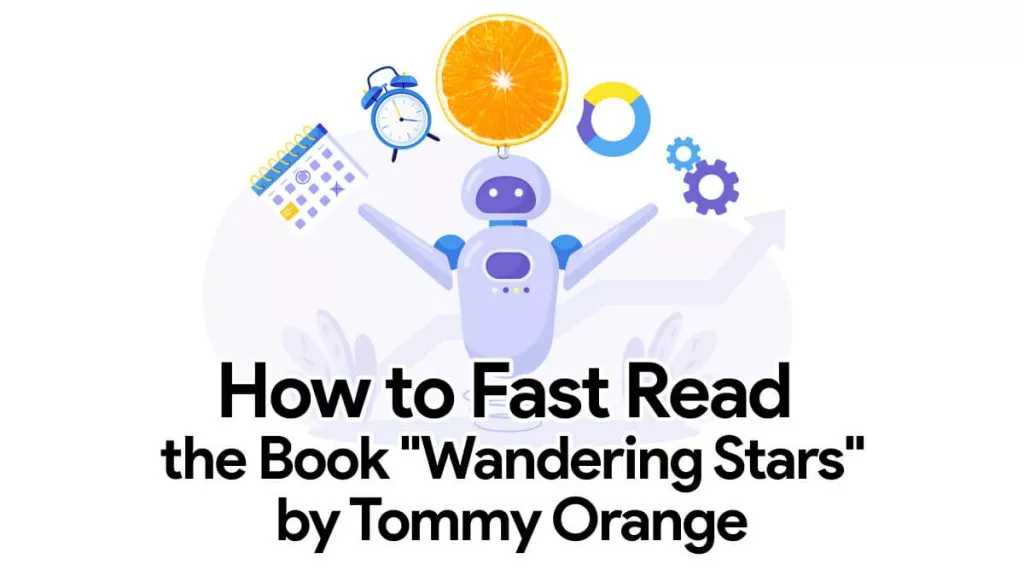
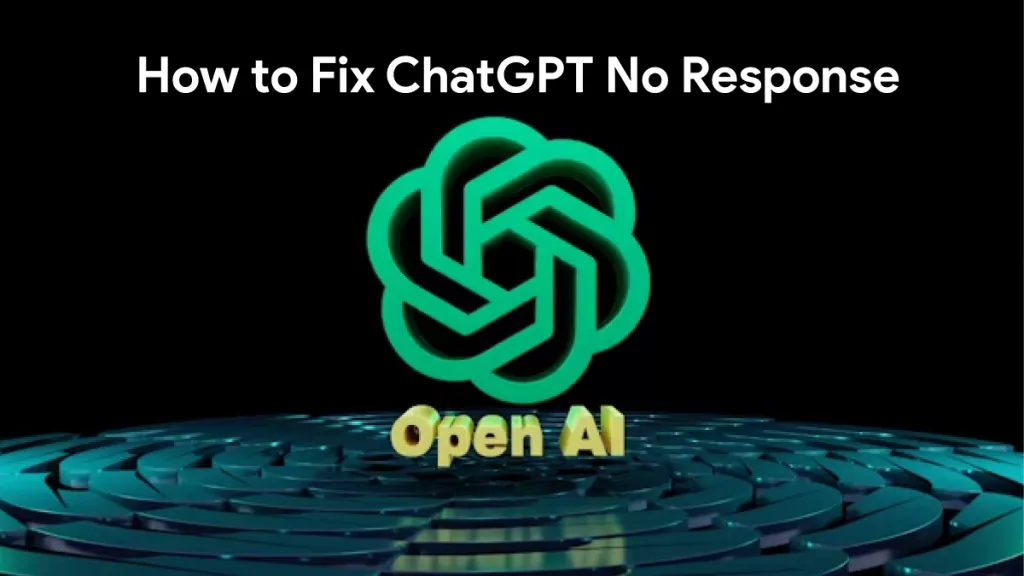
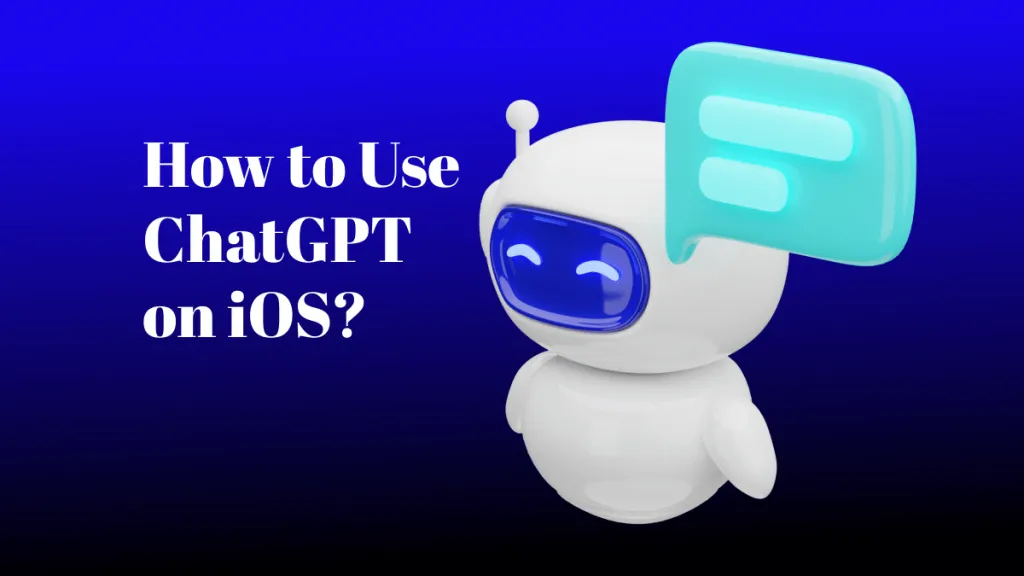


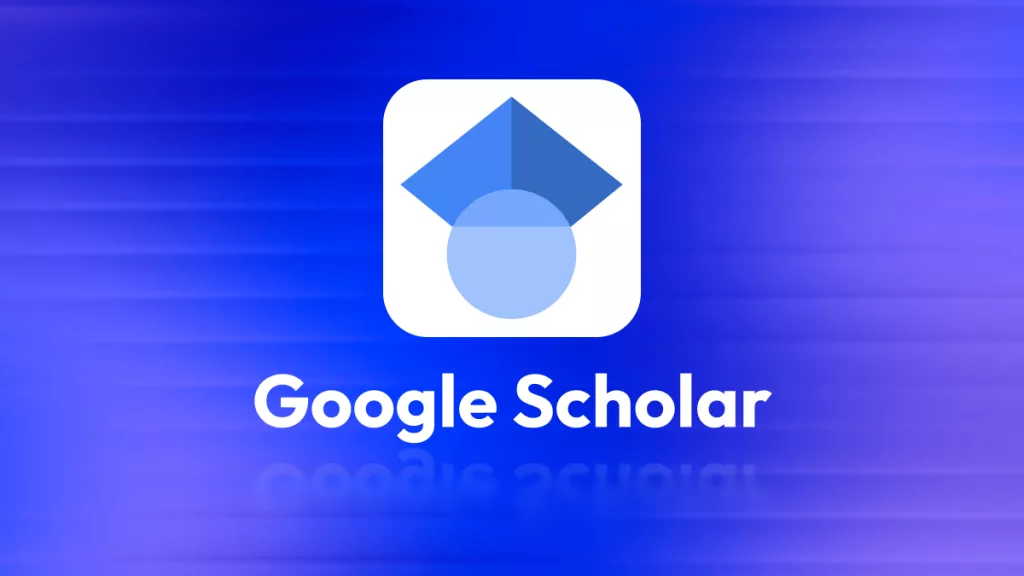

 Grace Curry
Grace Curry 
 Lizzy Lozano
Lizzy Lozano 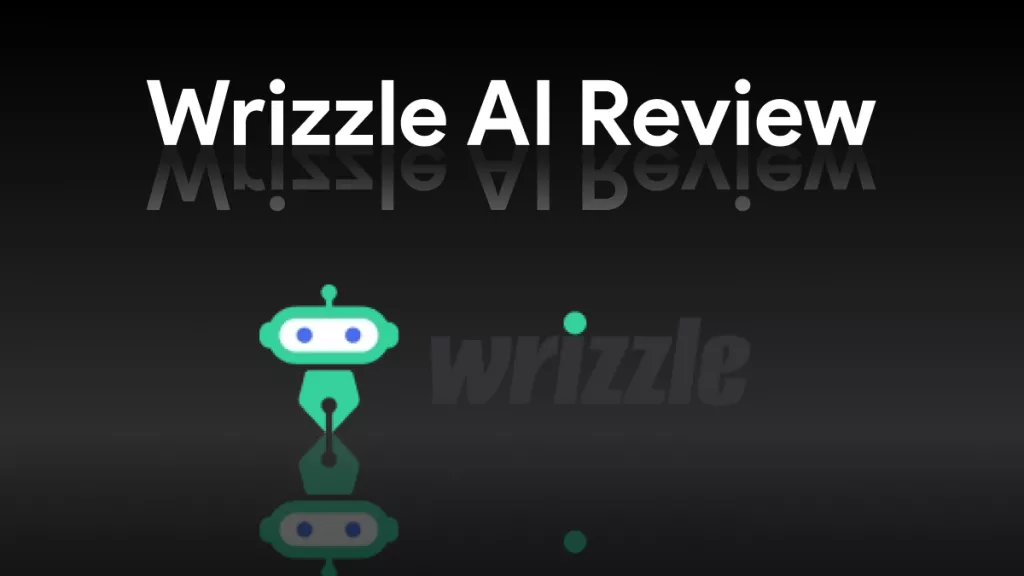

 Enola Miller
Enola Miller 
 Enya Moore
Enya Moore 
palmasana